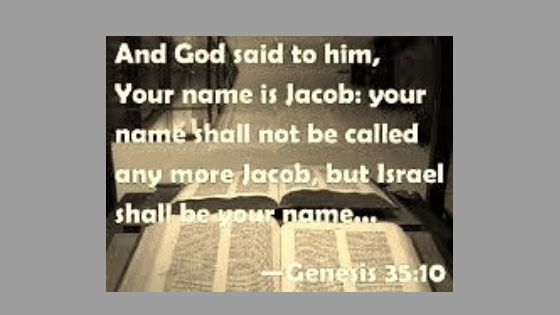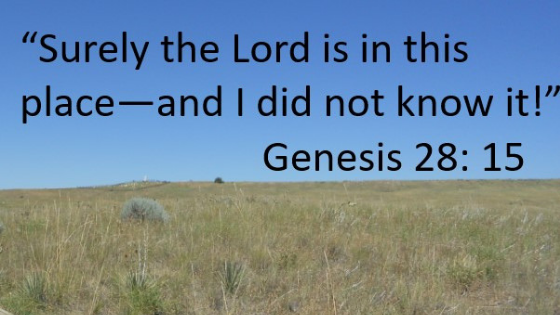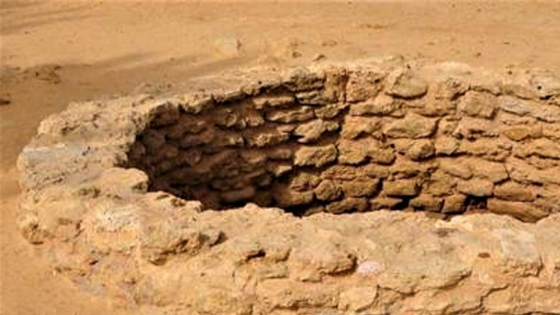
Shabbat Table Talk
Parashat Re’eh Shabbat, August 18th, 2017
Week of August 13th – 19th
Torah portion: Dt.11:26 -16:17 Haftarah: Is. 54:11-55:5
In our parashah this week we hear Moses speaking to the Israelites just prior to entering the land, “Re’eh, see, I place before you this day a blessing and a curse. The blessing is that you listen to the commandments of the Lord.” (11:26) This is the person who follows none but the Lord and observes God’s commandments, while those who turn aside from God and do not obey God’s commandments will bring upon themselves a curse. In other words, Torah is observance and a curse is the abandonment of Torah values.
The rabbis teach that when one hears, possibly the person does not believe but if the person sees something, they are willing to accept it as fact. The choice is for each individual to consider and to choose that which will give purpose and meaning to one’s life. Even the challenges of life can be seen as gifts since they can become opportunities to elevate oneself and to grow. Becoming overwhelmed by all the obstacles that a person faces in life is a danger. One needs to remember that God has asked that we choose life for today, just one day at a time.
In the haftarah the people are invited to the waters, “Everyone who thirsts, Come!” (Is. 55:1) Water is the primary life sustaining substance and our most basic requirement. The Israelites on their sojourn in the desert knew all too well the necessity and value of water. It is life itself! In the Jewish tradition water is understood as a metaphor for the Torah. Just as water is essential to life, so too the Torah and God gives this freely to all who want.
Moses’ final instructions included specific actions. The Israelites were to wipe out the memory of the worship of former peoples so as not to be distracted and take on their practices. Instead they were to focus on building a sanctuary for God. The Israelites were to bring offerings and to rejoice at the place of sacrifice. Families were to offer one tenth of all they grew as well as the firstborn of their flocks and to celebrate as a community the feasts of Pesach, Shavu’ot and Sukkot.
“Worship none but Him and hold fast to Him,” (13:15) It is in this passage that the sages, “envisioned God as a raging fire…..how can one hold fast to fire? We cling to God by doing what God does, so to speak, this includes visiting the sick, sustaining the poor, freeing the enslaved and comforting the grieving.” (Hayim 1069)
There was to be a strict social order among the people to ensure that no one would be in need. In the assistance given, the recipient must never be humiliated or robbed of his/her dignity. Are we not all dependent on one another? Every seventh year, debts were to be remitted and slaves set free. “Do not be hardhearted or tight-fisted towards your needy neighbor. You should rather open your hand, willingly lending enough to meet the need.” (15:7-8) Such a social concern and commitment to the other would serve us well in our society today. The well-being of the soul is possible only when that of the body is secure.
The basic concept on which all this rests is that each human being is of infinite value and created in the image of God, therefore we respect, cherish and care for the other. In all our reflection I think a fitting summation is the following: “Re’eh reflects the conceptual ideal of the entire Torah: humanity achieves holiness through the active process of balancing human needs, human desires and lofty values.” (Goldstein 356)
For Reflection and Discussion:[1.] In a time of transition, who/what has helped you most?
[2.] Might the sage’s message, “clinging to God is doing what God does,” make a difference in our lives?
Bibliography: Etz Hayim, Torah and Commentary (New York, 2001); Rabbi Uziel Milevsky, Perspectives on the Parashah (Southfield, MI.,2002), Rabbi Elyse Goldstein, The Women’s Torah Commentary, (Woodstock,VT., 2000)
This week’s teaching commentary was prepared by
Rita Kammermayer, B.A., B.Ed., Masters of Pastoral Studies, Jerusalem
Bat Kol Alumni – 2001; Email: ritakammermayer@netscape.net
[Copyright © 2017]
…………………………………………..………………………
PLEASE NOTE: The weekly Parashat commentaries represent the research and creative thought of their authors, and are meant to stimulate deeper thinking about the meaning of the Scriptures. While they draw upon the study methods and sources employed by the Bat Kol Institute, the views and conclusions expressed in these commentaries are solely those of their authors, and do not necessarily represent the views of Bat Kol. The commentaries, along with all materials published on the Bat Kol website, are copyrighted by the writers, and are made available for personal and group study, and local church purposes. Permission needed for other purposes. Questions, comments and feedback are always welcome.
.………………………………………………………
1983-2017
Bat Kol Institute for Jewish Studies, Jerusalem
“Christians Studying the Bible within its Jewish milieu, using Jewish Sources.”
Website: www.batkol.info; Commentary Admin: gill@batkol.info



